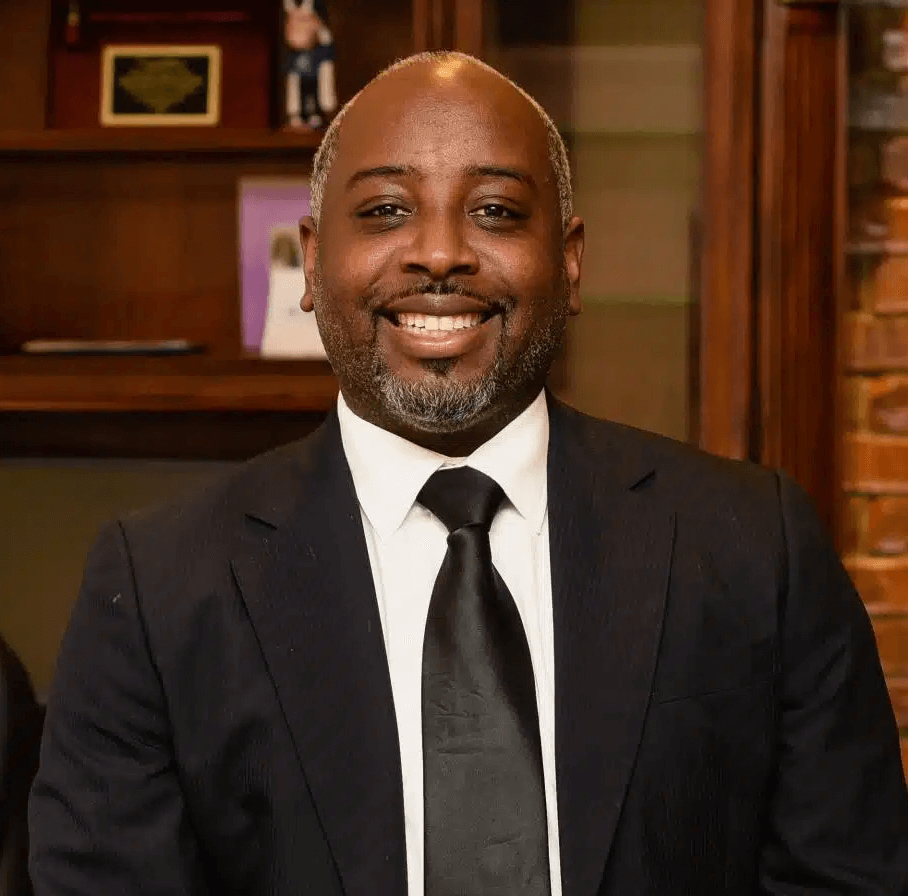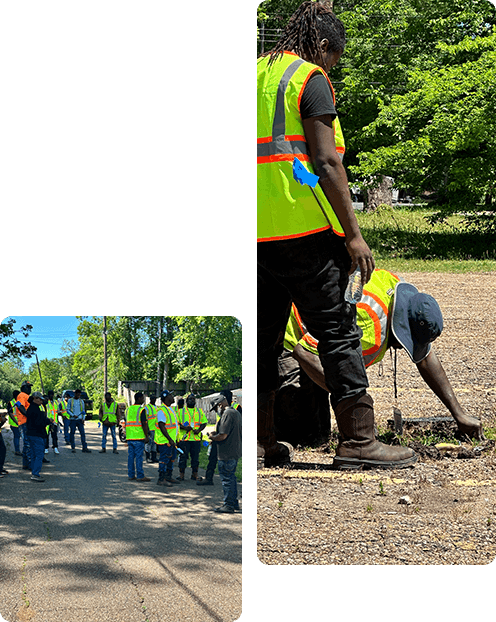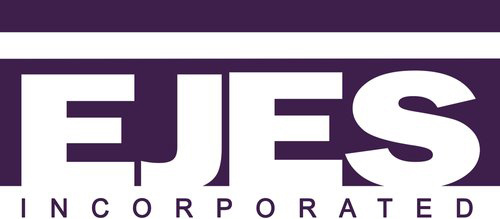-
Ensuring safe drinking water for all residents, Natchitoches is committed to removing lead and copper from our water lines. This initiative prioritizes public health by replacing outdated infrastructure and reducing lead exposure, particularly in underserved communities. Stay informed and join us in making our water safer for everyone.
Greetings!
THINGS TO REMEMBER:
- You don't have to be home to receive an inspection.
- It doesn't cost you anything.
- The inventory process will probably take 4-6 months.
- You will be notified if lead materials are found at your location.
Mayor Ronnie Williams Jr.


+27
Experience

About the LCrR
Lead and Copper Rule Revisions
- Why It's Important
Project News and Updates
Upcoming Meetings
Check back here for information on our next community meeting.
In Your Area
We're currently finalizing the schedule to be in your area. Check back here for more details on specific dates and times.
Findings
We'll post our findings for inspections in your area here. Check back for more as we begin inspections.
FAQ,s
About EJES
EJES INCORPORATED (EJES) is a 100% owned African American multi-disciplined architecture, engineering, and environmental firm providing expertise and experience to government, public, and private sector clients. EJES is a minority-owned business enterprise and a small business administration (SBA) certified SDB company with offices in Dallas, Houston, and Port Arthur, Texas, Shreveport, New Orleans, Louisiana, and Jackson, Mississippi. EJES currently staffs over 50 professionals providing program management, architecture, interior, and engineering design, environmental consulting, value engineering, and construction management services to various municipalities and Federal agencies. EJES is currently working with the City of Natchitoches, LA, City of Mansfield, LA, Jefferson Parish, LA, St. Martinville, LA, and Port Arthur, TX on their LCRR Program.

